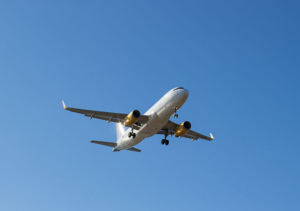
Tourism is proof of the recession which, according to a recent UBS study, currently does not seem to affect catering companies and does little harm to airlines. Hotels suffer, however, with the exception of luxury ones.
While the summer of 2022 appears to have brought the services sector back to pre-COVID levels, the fall promises to be more complex between costly energy and recession at the gates.
As for airlines, Ryanair, Easyjet, Wizz and Iag will continue to thrive throughout 2022, albeit below pandemic levels. Of these, Ryanair should strengthen in comparison with competitors. Estimates of 225 million passengers this year should be exceeded, but projections for 2023 should be less animated than this year.
Restaurant and catering also suffer less, compared to hotels. Among the most important names, Sodexo continues to perform well, although it is a long way from the volume of the 2019 event. For the Group there is already good news for the coming years: it has won the catering of the Rugby World Cup to be held next year and the Olympics of 2024.
Finally, only luxury hotels are suitable for the hotel industry, also thanks to the resumption of business travel. Some luxury hotels such as the Intercontinental Hotel Group have, for example, managed to offset the increase in costs with a general increase in rates: Ihg’s average customer earns more than $100,000 a year and it is estimated that he should be able to continue traveling even in a recession landscape.
In general, the booking period has been shortened because the behavior of those who travel has changed: both for holidays and for business trips, it is decided at the last minute.
Travel #catering #luxury #hotels #recession #tourism










